

Severity: 8192
Message: Creation of dynamic property CI_URI::$config is deprecated
Filename: core/URI.php
Line Number: 201
Backtrace:
File: /home/jxlutxhi/public_html/index.php
Line: 962
Function: require_once

The Naira’s volatility is more than just an economic issue. It is a reflection of deeper structural problems that have plagued Nigeria for decades. From fluctuating oil prices to government missteps, corruption, and market distortions, the Naira's instability continues to impact businesses, investors, and everyday Nigerians who feel the pinch of rising prices. The question is, why does this cycle persist, and who truly benefits from a weak Naira?
Nigeria’s exchange rate story is one of decline. From the days when the Naira was stronger than the US dollar to today’s reality of skyrocketing exchange rates, the currency has been battered by economic mismanagement, external shocks, and policies that often do more harm than good.
Nigeria transitioned from a fixed exchange rate tied to the British Pound to a more flexible regime. However, flexibility has not translated into stability. Instead, the Naira has continued to fall against major currencies, raising questions about the country’s economic strategy.
While many blame global market forces, the truth is that Nigeria’s foreign exchange system is heavily manipulated. The Central Bank of Nigeria (CBN) often intervenes, using foreign reserves to prop up the currency, but such efforts are unsustainable. Critics argue that these interventions create artificial scarcity and benefit a select few who gain access to official exchange rates while ordinary Nigerians pay much higher prices on the black market.
Let’s be blunt: there are vested interests profiting from the Naira’s instability. Politicians, speculators, and elite business players who have access to foreign exchange at preferential rates often exploit the system, making millions while the average Nigerian struggles with rising costs. Meanwhile, small businesses face difficulties importing goods, and manufacturers suffer from unpredictable currency swings.

Nigeria’s reliance on oil exports means that whenever global oil prices drop, foreign exchange reserves shrink, making it harder to stabilize the Naira. Despite years of calls for economic diversification, progress has been slow, leaving the economy vulnerable to external shocks.
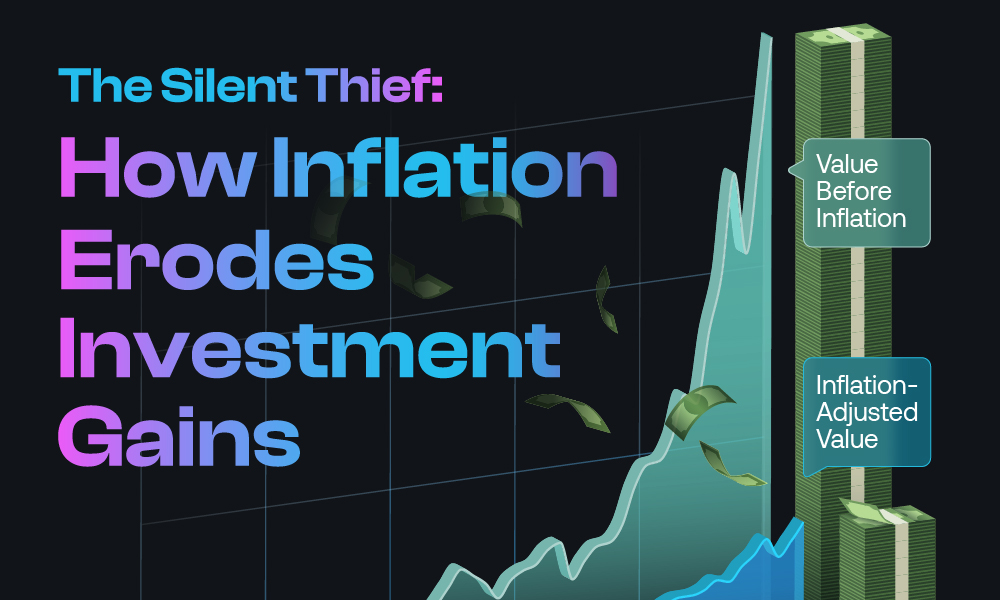
Inflation remains high, eroding the purchasing power of the Naira. When local prices rise faster than those of Nigeria’s trading partners, the currency naturally loses value. Poor monetary policies, excessive money printing, and supply chain disruptions all contribute to this problem.
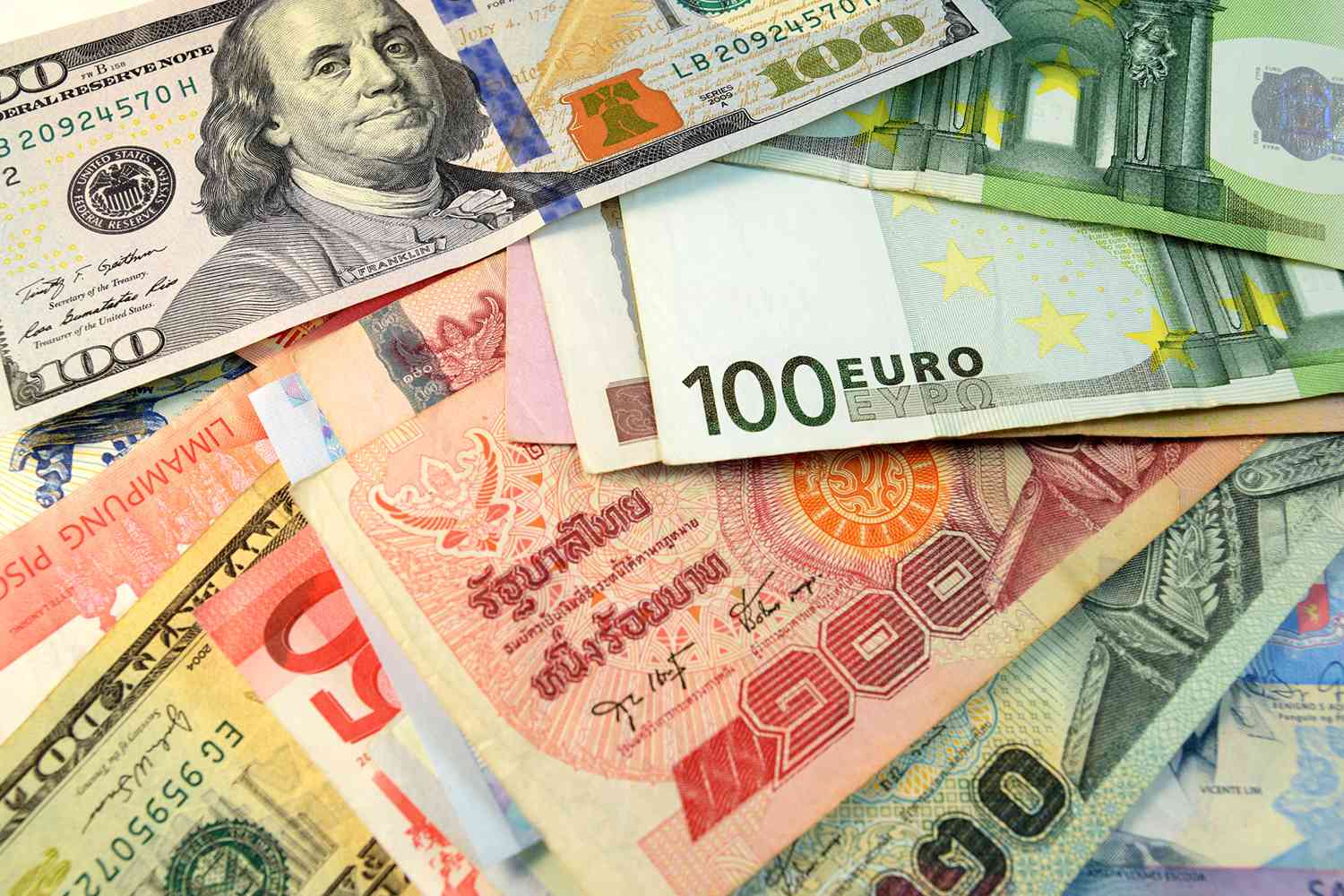
The CBN relies on foreign reserves to stabilize the Naira, but with dwindling reserves due to capital flight and declining oil revenues, its ability to intervene weakens, leading to even sharper depreciation.
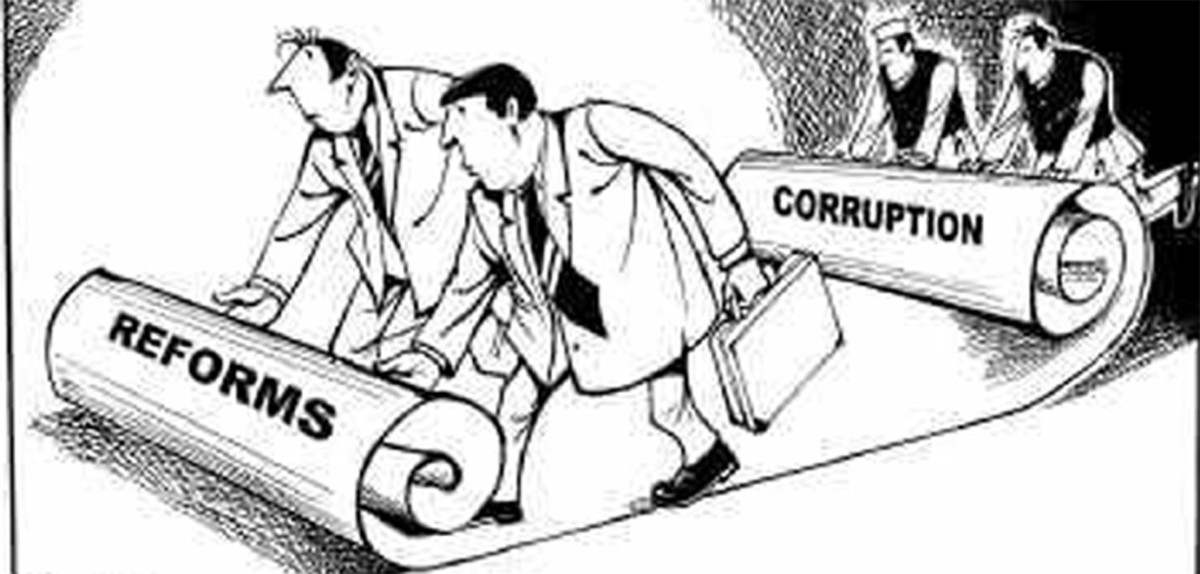
Nigeria’s political climate directly impacts investor confidence. Corruption, policy inconsistency, and uncertainty surrounding elections lead to capital flight, as investors pull their money out in search of stability elsewhere.
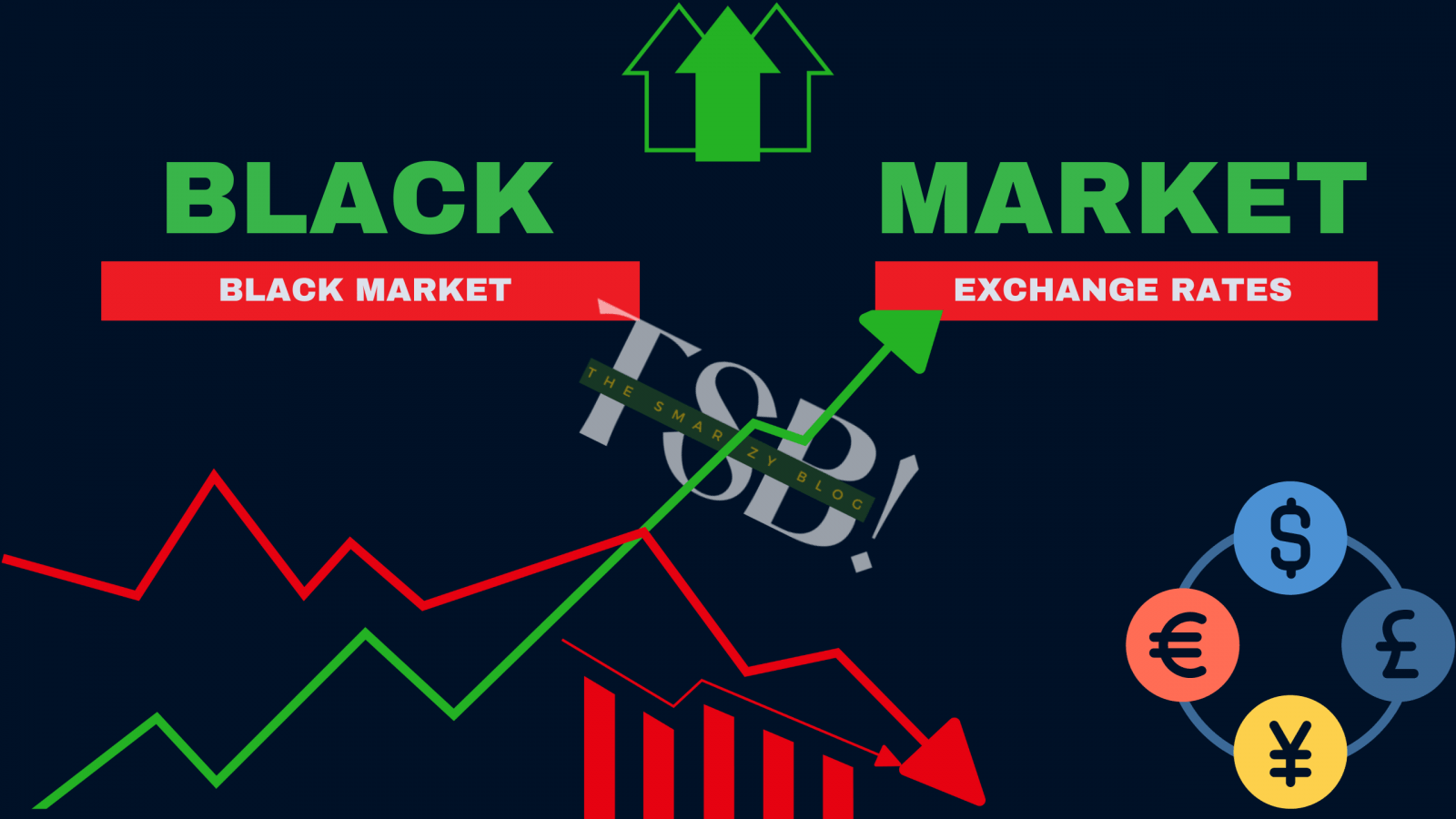
When businesses and individuals believe the Naira will fall further, they rush to convert their money into dollars or other stable assets, creating additional pressure on the currency. This speculative demand accelerates depreciation.

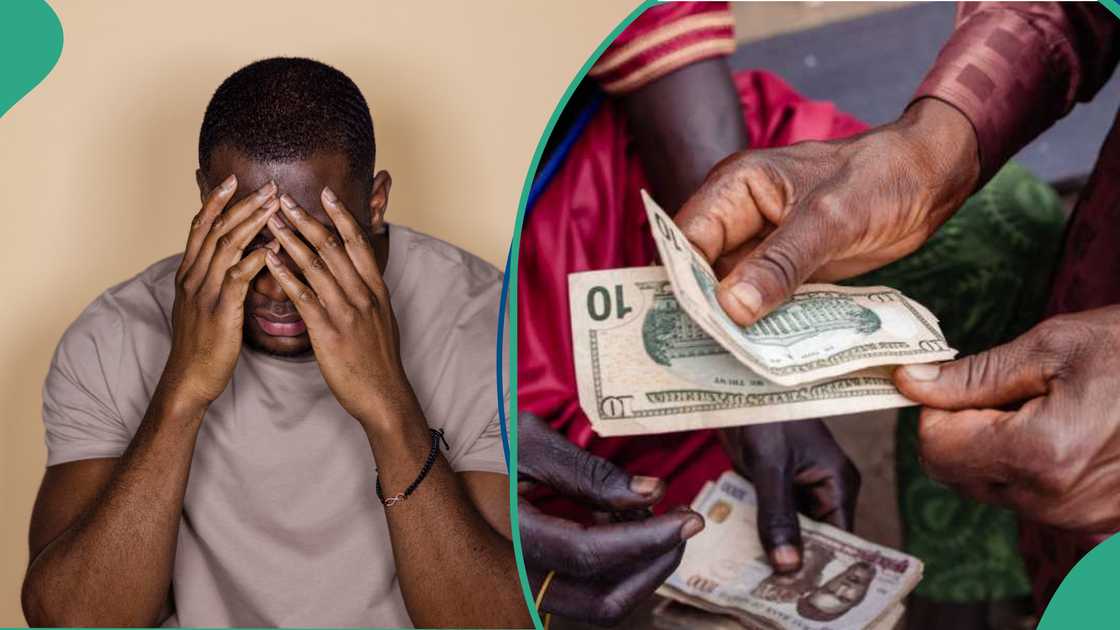
While policymakers debate exchange rates, everyday Nigerians suffer. The cost of imported goods rises, inflation eats into wages, and businesses struggle to survive. Families are forced to cut back on essentials, and the middle class continues to shrink. The economic uncertainty takes an emotional toll, leaving many feeling trapped in a system that works against them.

Nigeria’s multiple exchange rate system has been widely criticized for creating artificial gaps that encourage corruption and arbitrage. Some argue for a fully floating exchange rate, where market forces determine the Naira’s value, while others insist on continued intervention to prevent excessive volatility. However, history has shown that quick fixes do not work.
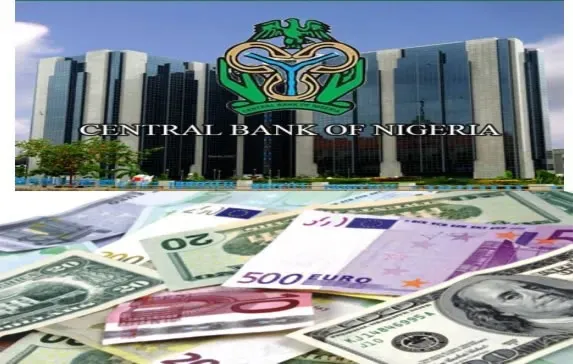



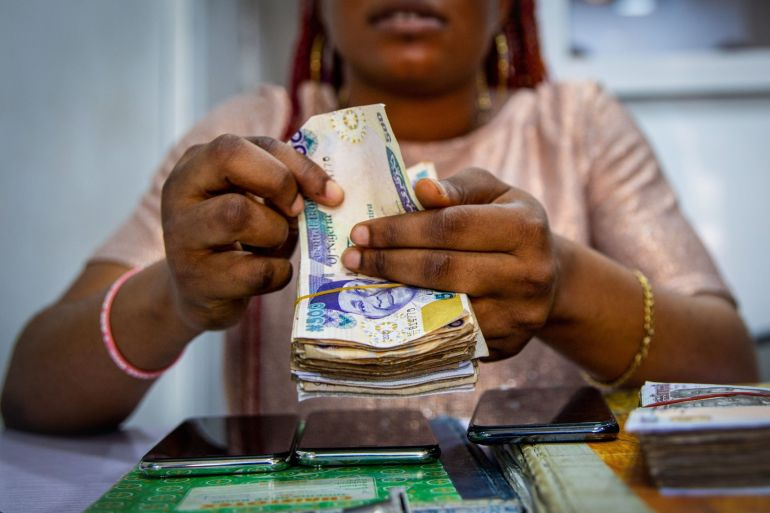
The Naira’s fate is tied to Nigeria’s broader economic and political landscape. If fundamental issues remain unaddressed, the cycle of depreciation will continue. The government must make tough decisions that prioritize long-term stability over short-term political gains. Until then, Nigerians will keep bearing the brunt of a system that seems designed to benefit a few while leaving the majority struggling.
For real-time exchange rate updates and economic insights, visit the Central Bank of Nigeria’s official page.

The value of a nation's currency is more than just a number, it reflects the country's economic health, investor confidence, and global standing. In Nigeria, the exchange rate of the Naira is a hotly debated topic, shaping economic policies, influencing businesses, and affecting the daily lives of millions. While the fluctuations in the Naira’s value may seem like an unpredictable force, there are fundamental factors driving these changes.
Understanding the forces behind Nigeria’s exchange rate is crucial for businesses, policymakers, and everyday Nigerians trying to navigate an increasingly volatile financial landscape. This article explores the key drivers, the controversies surrounding exchange rate policies, and the potential pathways for stabilizing the Naira.

• Higher costs of imported goods, fueling further inflation (imported inflation).
• Increased demand for foreign currency as Nigerians seek to preserve the value of their wealth, worsening exchange rate instability.
The Central Bank of Nigeria (CBN) often raises interest rates to curb inflation. However, this comes at the cost of slowing economic growth and increasing the cost of borrowing for businesses.
One of the most controversial aspects of Nigeria’s exchange rate management is the existence of multiple exchange rates. The CBN has, at different times, operated various exchange rates, including:
This disparity creates arbitrage opportunities where some individuals and businesses exploit the system by obtaining foreign exchange at the official rate and reselling it at a higher rate in the black market.
Critics argue that this system distorts the economy, discourages foreign investment, and promotes corruption. A unified, market-driven exchange rate would enhance transparency and improve investor confidence in Nigeria’s financial system.
Nigeria’s foreign exchange reserves play a critical role in stabilizing the Naira. When reserves are high, the CBN can intervene in the forex market by selling dollars to stabilize the currency. However, when reserves are low, often due to lower oil revenue or excessive government borrowing, the CBN’s ability to defend the Naira weakens.
Additionally, Nigeria’s rising external debt poses a risk to currency stability. The more the country borrows in foreign currency, the higher the pressure to service those debts in dollars, increasing demand for foreign exchange and further weakening the Naira.
Nigerians in the diaspora send billions of dollars back home each year, making remittances a significant source of foreign exchange. A strong flow of remittances can help support the Naira, while a decline, due to global economic downturns or unfavorable policies, can weaken it.
Similarly, Foreign Direct Investment (FDI) brings in much-needed foreign exchange. However, inconsistent policies, insecurity, and bureaucratic bottlenecks discourage investors, reducing the inflow of foreign capital and putting additional pressure on the exchange rate.

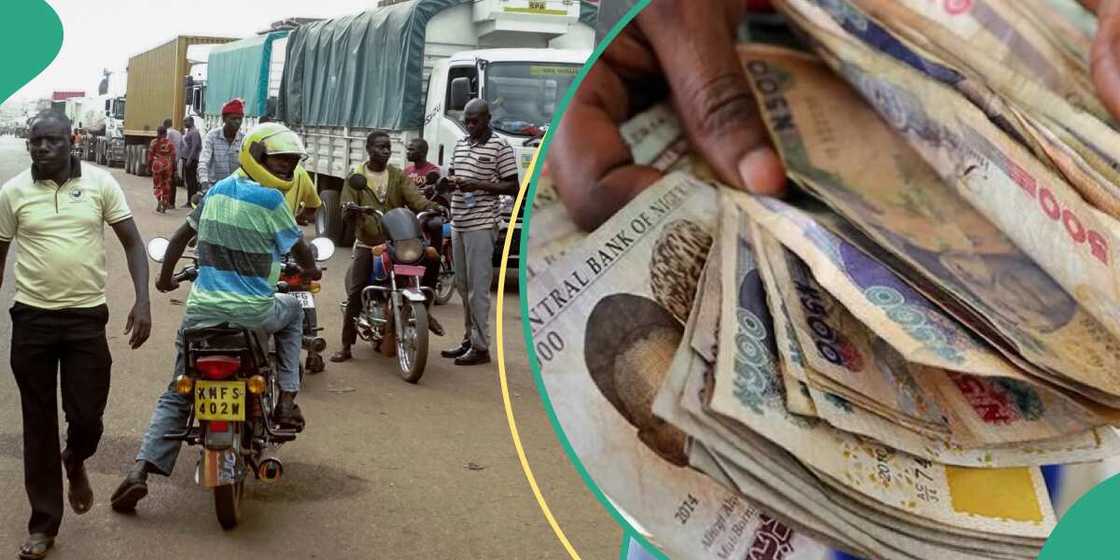
The ordinary Nigerian bears the brunt of currency depreciation. As the Naira weakens:
• The cost of imported goods, from food to electronics, skyrockets.
• Businesses struggle with rising production costs.
• Wages remain stagnant while the cost of living increases.
For many Nigerians, the weakening Naira isn’t just an economic issue, it’s deeply personal. It affects their ability to afford basic necessities, plan for the future, and maintain a decent standard of living. The anxiety over a declining currency fuels frustration and skepticism toward government policies.

1. Diversify the Economy: Reducing Nigeria’s dependence on oil by strengthening agriculture, manufacturing, and technology sectors will help generate more foreign exchange and reduce pressure on the Naira.
2. Unify the Exchange Rate System: Moving towards a transparent and market-driven exchange rate policy will reduce distortions and increase investor confidence.
3. Curb Inflation: Effective fiscal and monetary policies must be employed to keep inflation under control, ensuring the Naira retains its purchasing power.
4. Encourage Foreign Investment: Creating a more investor-friendly environment through improved infrastructure, security, and consistent policies will attract more foreign capital.
5. Boost Non-Oil Exports: Nigeria must actively promote its non-oil exports, particularly in agriculture and manufacturing, to increase foreign exchange earnings.
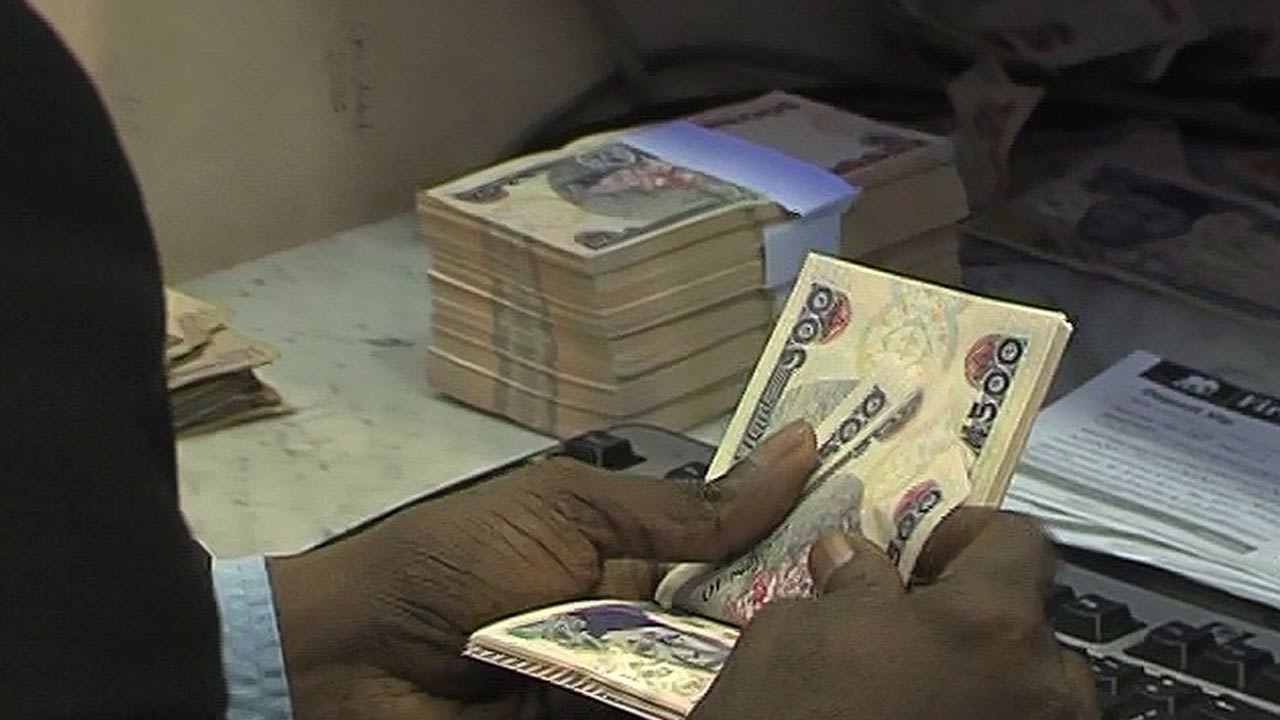

The forces shaping Nigeria’s exchange rate are complex, intertwined with local and global economic realities. While short-term measures may offer temporary relief, sustainable solutions require deep structural reforms.
The fate of the Naira is not just in the hands of the CBN or the government, it is influenced by every Nigerian, from policymakers to business owners to ordinary citizens. Understanding these forces is the first step towards collective action for a more stable and prosperous economy.
For the latest exchange rate updates, visit buju.com.